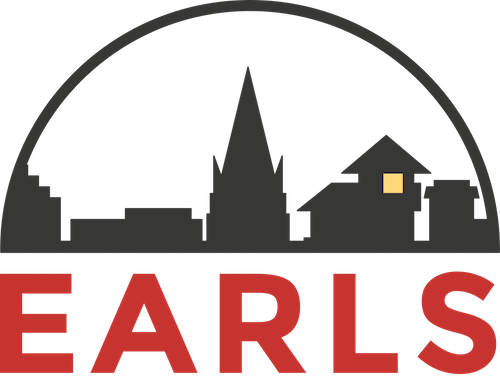Stefan Clemens, an East Carolina University (ECU) associate professor at the Brody School of Medicine’s Department of Physiology, was awarded a US patent for his novel method of treating restless legs syndrome (RLS), which could lead to more effective care over a longer period of time for patients.
RLS is frequently treated with dopaminergic drugs to replace or prevent the loss of dopamine. While these drugs can deliver a high initial effect, they often lose their effectiveness over time and symptoms can worsen, a side effect known as augmentation. Classic RLS treatments act on a dopamine receptor known as D3, which has a suppressive effect in the nervous system.
Clemens’ animal models show that over time the medication leads to an increase of a different, excitatory receptor subtype, D1. This increase of the D1 receptor might be the cause of augmentation. Clemens’ patent, which he received in late August 2020, targets the increased D1 receptor levels in RLS patients suffering from augmentation, leading to reduced activation of D1 receptors while providing traditional therapy relief from RLS.
“Our lab postulates that this new compound will maintain long-term efficacy for RLS,” Clemens said. “If augmentation begins, we predict that we can reduce D1 receptor activation in patients and balance things back out, keeping the treatment effective.”
Using a grant from the North Carolina Biotechnology Center, Clemens and a collaborator from the University of Houston will run a small pilot study of the new treatment method. His work also gained the attention of a company that has interest in establishing a partnership where ECU’s patent rights may be used in combination with its existing drug formulation for treating augmentation. “The patent would not have been issued without their help,” said Clemens, who is also working on medical treatments for opioid pain tolerance. “I now know that it can be very beneficial to have experts in other areas come from different angles that make us think of other ways to use our work.” Clemens is a member of the Foundation's Scientific and Medical Advisory Board and is the Chair of the Research Grant committee.

